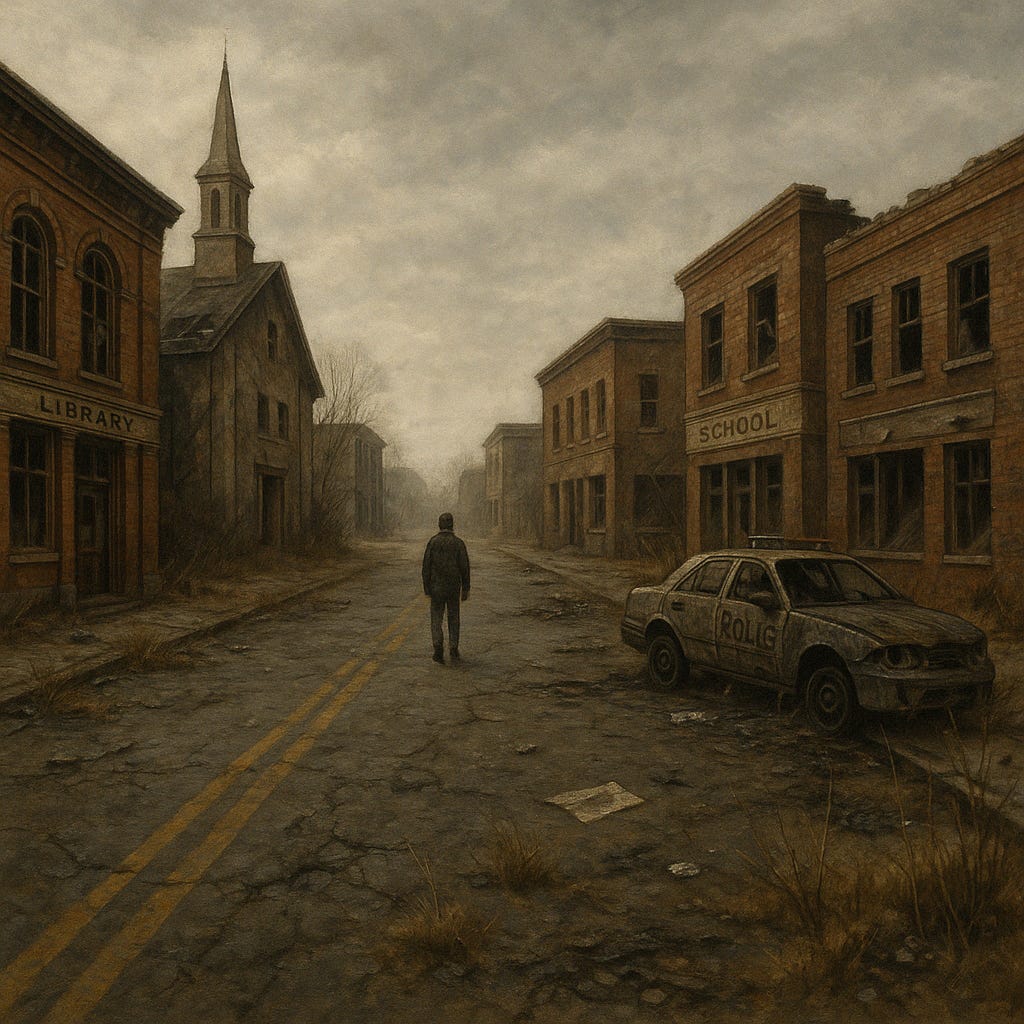The State of Our Public Life: A Warning
Do you know the dark side of democracy?
All politics, as Tip O’Neill reminded us, is local. And local behaviors—particularly in towns, where the size is smaller and citizens, through Town Meeting or otherwise, have more of a voice—can be quite telling.
And what it tells us isn’t good.
Town Meeting, the form of government utilized by many towns throughout New England, is often held up as a lodestar for what democracy can do. We have the people directly influencing their own affairs, we’re often told. But we forget that Aristotle considered democracy as potentially dangerous, because it could lead to a kind of tyranny of the majority or even bring about demagogues.
All of this is evident at Town Meeting, especially since many people are, understandably, quite busy, so the people who mostly have time to be actively involved in their town’s affairs are either elderly, which means they have a particular set of interests they’d like to advance, or somewhat unstable people who like to hear themselves talk and articulate loopy, even if occasionally well-meaning, ideas. In short, demagogues.
Town residents, when using their voting power, have often done good things, like approve new roads or buildings and so on. They have also torpedoed necessary projects, under the belief they are saving their town from outside influence or saving their taxes, thereby making their town a worse place to live. They’ll reject school projects; they’ll reject public safety buildings; they’ll reject libraries. They’ll make it harder for areas of the town to be rezoned, making it more difficult for companies to do business.
Now let’s imagine a fictional town. We’ll call it Dreamer’s Rock. The people of Dreamer’s Rock have noticed that the town, rightly or wrongly, has seemingly spent money fecklessly over the years. They’ve tried to recall the Board of Selectmen, but because there aren’t many active residents, the same group of people keep winning re-elections. They’ve decided to take matters into their own hands. And so at Town Meeting, a group of 200 out of 20,000, the residents forcefully vote down a new library, a new fire station, and a new high school, arguing that none of this is needed. And they vote against new hires at the police station, arguing that there are too many police. In fact, one resident says, it’s probably time to make cuts, and so that person proposes an amendment to one of the warrant articles that says the police department needs to eliminate about half of its officers. That passes.
They’re riled up now. Another person claims he’s sick and tired of nearby Oldport overcharging the town for electricity and water, and so he proposes an amendment that the town break the relationship with Oldport, because Dreamer’s Rock is more than capable of producing its own electricity and gathering its own water. He’s someone whom others had thought of as a crank, but tonight, he seems to be making a kind of sense. And he’s got a way with words. The others nod in agreement, and they make their vote. That amendment passes, too. And the group breaks out in applause, while the Board of Selectmen and Town Manager hang their heads.
They go home, thinking they’ve saved the town. Then a few weeks pass by, and the residents begin to see that police are taking much longer to respond to calls, because they’re stretched too thin. And the old buildings meant to be replaced by the new projects begin to decay even further, causing people to move away—parents don’t want their kids in an outdated building, one mother says when she’s asked about her upcoming move during a conversation at the grocery store—or to change jobs. The town librarian, for example, says she heard Oldport has a brand-new library and pays well, so she goes there. And then, of course, there are water problems and electricity problems, because there are no treatment plants or power plants in town, and so Dreamer’s Rock has to buy its water and power from a town much farther away—and at a much higher rate than what they had with Oldport. They begin to realize they made a lot of mistakes. But they’re mistakes that will take years to undo.
The United States, like a New England town, has become more democratic over the years. And if we use “democratic” in the sense of more participation—people of all races, genders, and certain ages—then it’s certainly a good thing. But we humans are a fickle bunch. There is a reason the Founding Fathers of the United States were wary of the popular will. They were students of history and recognized that a pure “will of the people,” a geist, is one that can lead us to despotism or folly. We’re certainly seeing the latter. Let’s hope we don’t see both.





very true, that is often what local politics can be like. and having an uniformed group of the demagogues operate in the same way at federal level doesn't work either. but this isn't to say that participatory democracy is itself a bad thing. Indeed it might be an argument in favour of more involvement such as compulsory voting! there seem to be so many impediments in the US standing in the way of full participatory democracy that it can hardly be said to have been tried yet!